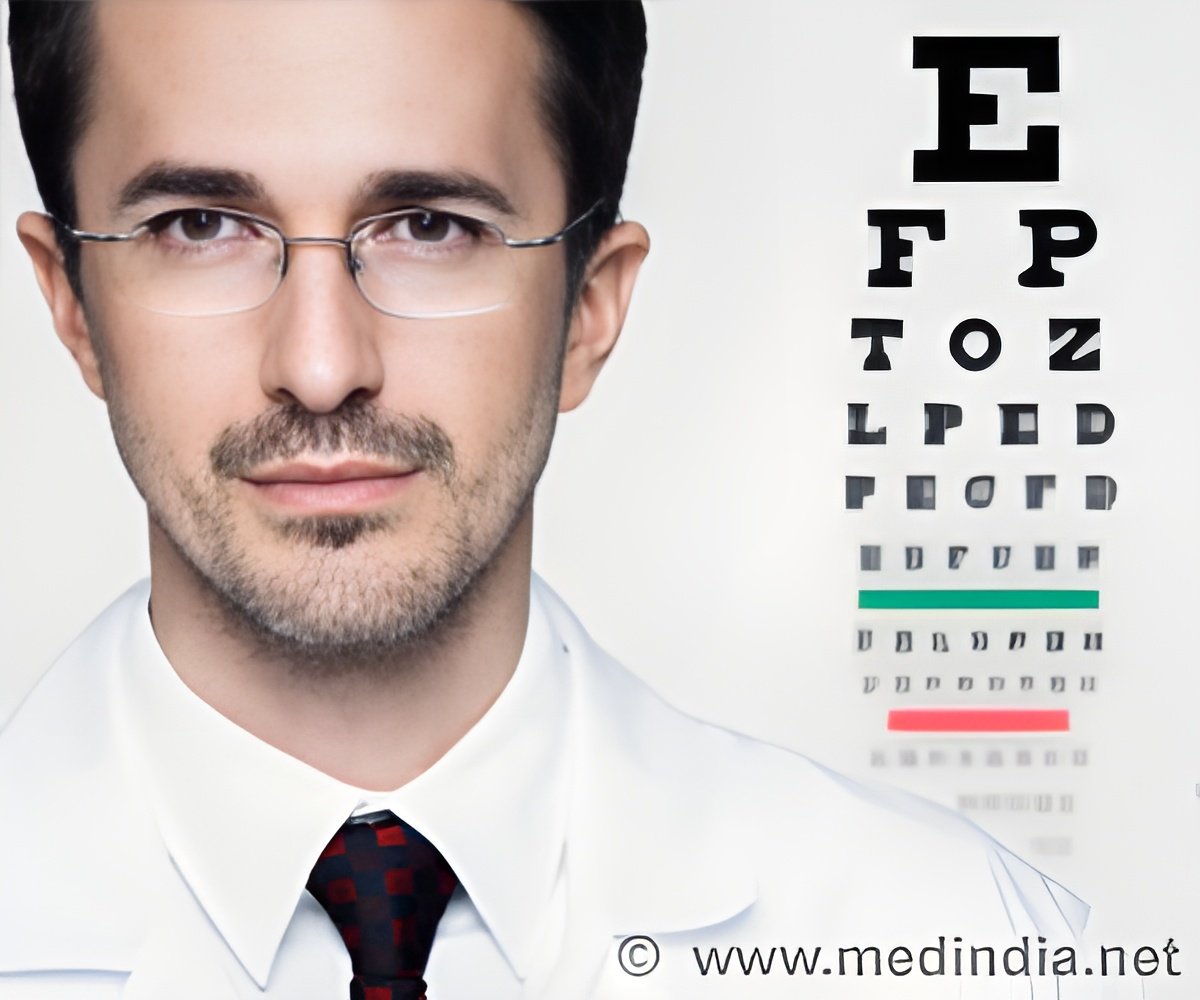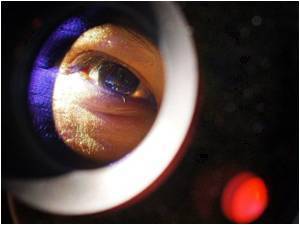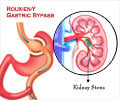
‘Eyes provide organisms vision, the ability to process visual detail. Obesity related microvascular changes are reversible after bariatric surgery induced weight loss.’
Tweet it Now
Eye changes were analysed from a study conducted at Turku PET Centre, Finland. It included 22 obese participants scheduled for obesity surgery were recruited along with 15 lean, age-matched controls. Detailed eye examinations were performed at the start of the study and six months later to look for signs of obesity-related impairments to the vascular structure of the retina. The team found that in the six months following the bariatric surgery, the obese subjects lost an average of 26kg while also showing improvements in the microvasculature of their retinas. Arteriolar narrowing and venular widening were both less pronounced, whereas no such changes took place in the control group. The authors concluded, "The capacity for the retinal microvasculature to improve following bariatric surgery suggests plasticity of the human microvasculature early in the disease course." The research is presented at Annual Meeting of the European Association for the Study of Diabetes (EASD) in Lisbon, Portugal.
Source-ANI















